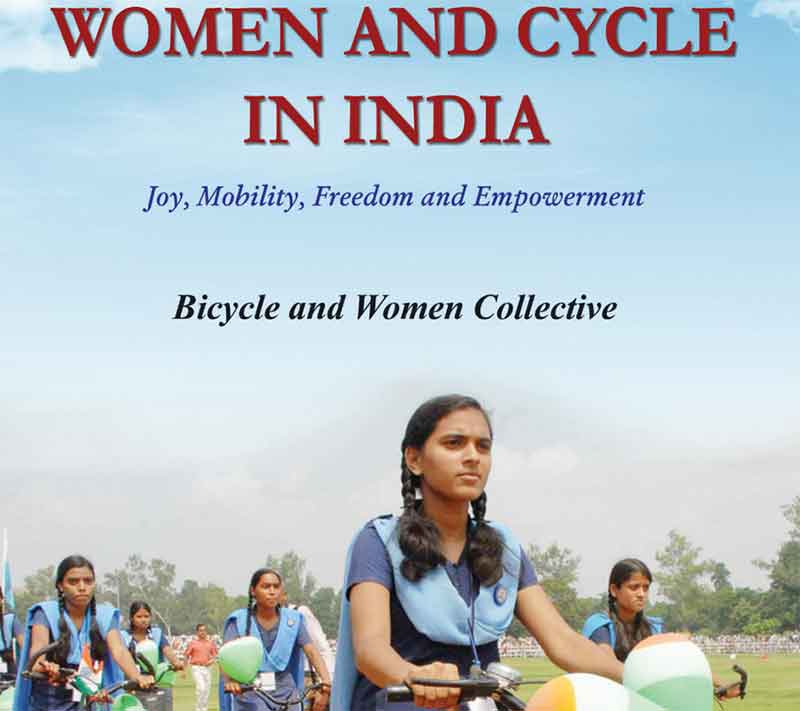
The theme for International Women’s Day 2022 is, “Gender equality today for a sustainable tomorrow”, gender equality in context to climate crisis and management is one of the major concerns of the twenty-first century. Its impacts vary amongst regions, generations, age, income groups, and gender. Over recent years, expanding concern about the climate change has had a widespread effect on social behavior of humans.
Women play a critical role in managing natural resources at family and community level and they are most affected by environmental degradation. Women’s vulnerability to climate change stems from social, economic and cultural factors. They signify a high ratio of poor communities that are highly reliant on local natural resources for their livelihood, mainly in rural areas where they shoulder the responsibility for household water supply and energy for cooking, as well as for food securities of the family. They are heavily exploited and overworked, with the negative impact on their health. They are engaged in the time-consuming and labor-intensive tasks that are carried out manually. According to various reports and resources it has been seen that women produce 60 to 80 percent of food in developing nations. This reflects a viewpoint that takes account of social roles determine by patriarchal society. The system of power that regulates gender relations, women have a subordinate position in society. The way women’s role and work are regulated and put on her signifies the issue of power hence they are kept out of decision making processes.
Women’s role is a key factor that provides intermediation between environment and sustainable development. This can be seen in population growth, migration, pattern of production and consumption. By their understanding, experience and use of natural resources they bring to community work to achieve sustainability. The UN Earth Summit 1992, Kenya’s Green Belt movement, Chipko movement in India and from high level to grassroots all highlighted the significant role of women, their voices and perspective in sustainable development.
Women beside their vulnerability they are active agents of change and promoters of sustainable development. Therefore, to enhance the adaptive capacity of women, issues like inequalities in access to resources, extension of training services in area like energy management, agriculture, water conservation, disaster management and conflicts should be taken into consideration. To integrate environmental issues linked with gender and social equity a systematic effort is required for development. Women specific planning, funding and mainstreaming women in decision making should be initiated. It is also important to have gender sensitive investment programmes for capacity building to achieve sustainability
Sarah Kidwai is a doctorate in gender studies. She has been involved in gender sensitisation programmes. She was an intern at National Commission Women, New Delhi.

















































